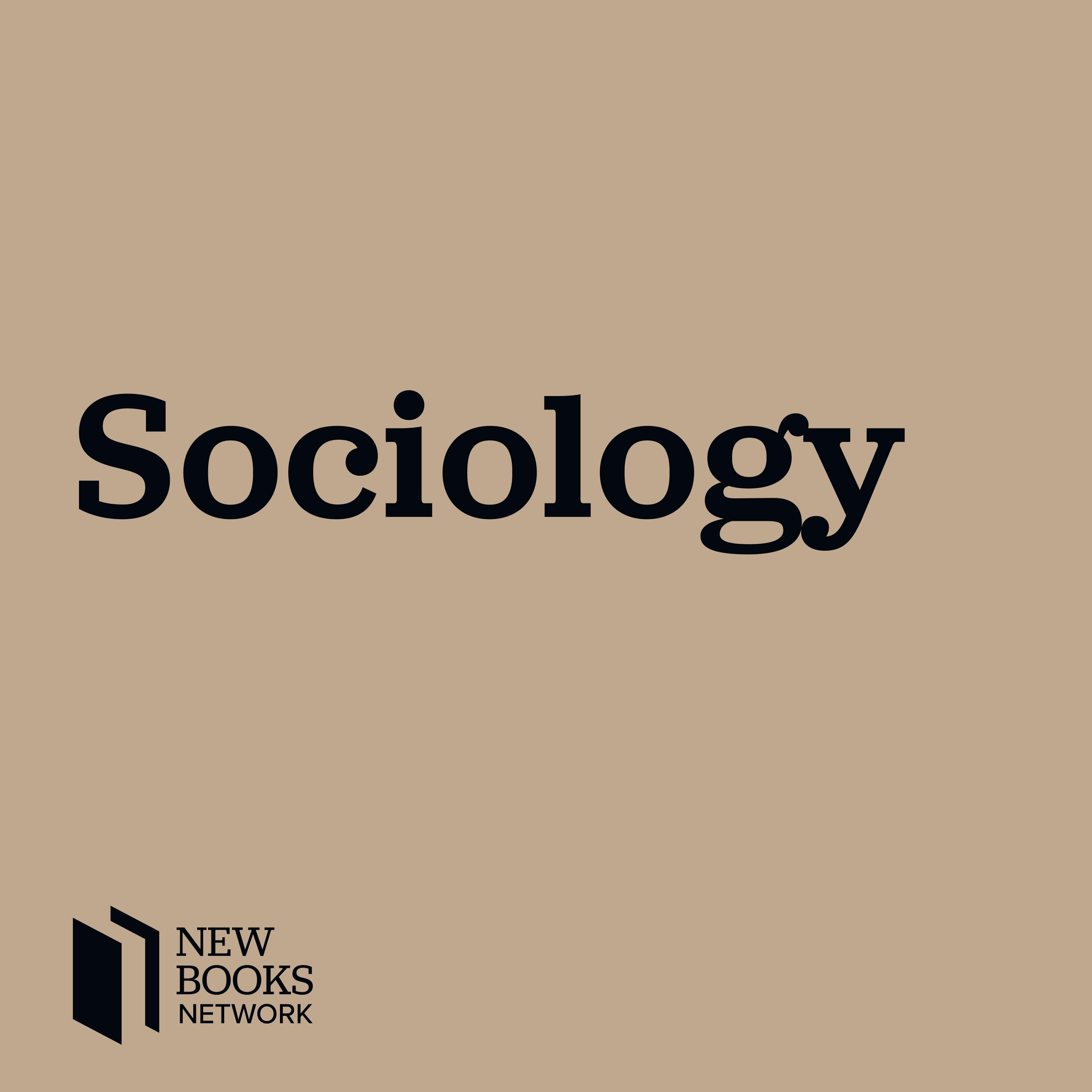Elise Andaya, "Pregnant at Work: Low-Wage Workers, Power, and Temporal Injustice" (NYU Press, 2024)
Description
The low-wage service industry is one of the fastest-growing employment sectors in the US economy. Its workers disproportionately tend to be low-income and minority women. Service sector work entails rigid forms of temporal discipline manifested in work requirements for flexible, last-minute, and round-the-clock availability, as well as limited to no eligibility for sick and parental leaves, all of which impact workers’ ability to care for themselves and their dependents.
Pregnant at Work: Low-Wage Workers, Power, and Temporal Injustice (NYU Press, 2024) examines the experiences of pregnant service sector workers in New York City as they try to navigate the time conflicts between precarious low-wage service labor and safety net prenatal care. Through interviews and fieldwork in a prenatal clinic of a public hospital, Elise Andaya vividly describes workers’ struggles to maintain expected tempos of labor as their pregnancies progress as well as their efforts to schedule and attend prenatal care, where waiting is a constant factor—a reflection of the pervasive belief that poor people’s time is less valuable than that of other people.
Pregnant at Work is a compelling examination of the ways in which power and inequalities of race, class, gender, and immigration status are produced and reproduced in the US, including in individual pregnant bodies. The stories of the pregnant workers featured in this book underscore the urgency of movements towards temporal justice and a new politics of care in the twenty-first century.
Learn more about your ad choices. Visit megaphone.fm/adchoices
Support our show by becoming a premium member! https://newbooksnetwork.supportingcast.fm/sociology
More Episodes
With the rapid development of artificial intelligence and labor-saving technologies like self-checkouts and automated factories, the future of work has never been more uncertain, and even jobs requiring high levels of human interaction are no longer safe. The Last Human Job: The Work of...
Published 06/15/24
As Andrew M. Gardner explains in The Fragmentary City: Migration, Modernity, and Difference in the Urban Landscape of Doha, Qatar (Cornell UP, 2024) in Qatar and elsewhere on the Arabian Peninsula, nearly nine out of every ten residents are foreign noncitizens. Many of these foreigners reside in...
Published 06/15/24
How do unequal societies function? In Holding It Together: How Women Became America's Safety Net (Portfolio, 2024), Jesscia Calarco, an Associate Professor of Sociology at the University of Wisconsin-Madison, examines how America’s DIY society depends on the labour of mothers and excludes the...
Published 06/15/24


